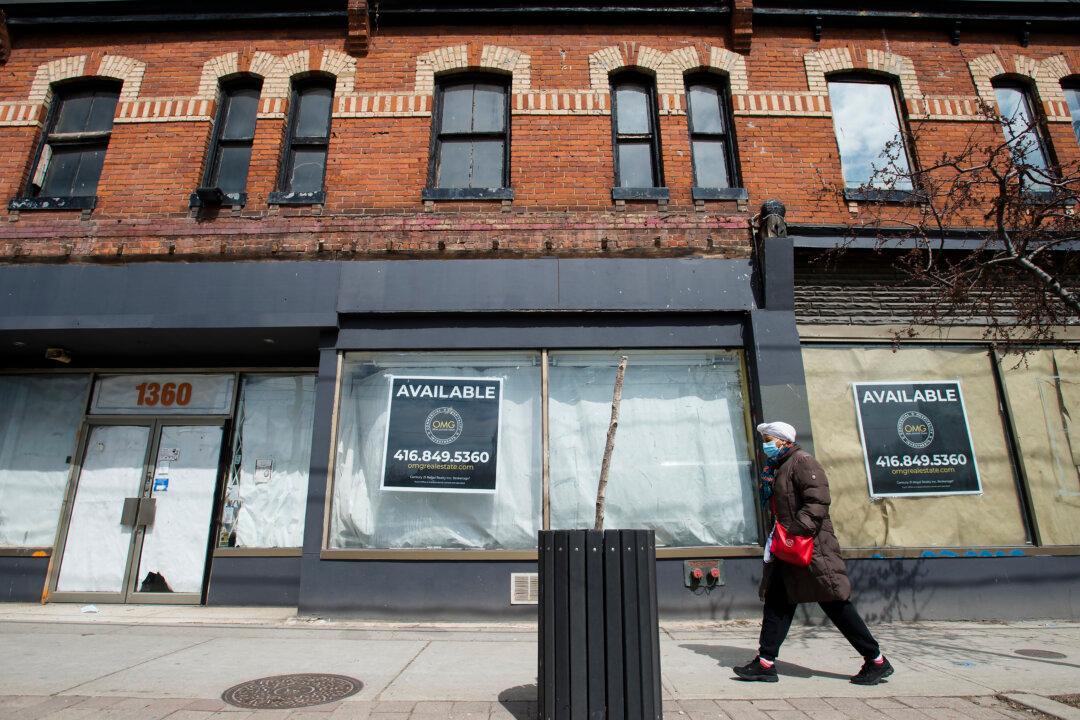Canadians would largely support shutting down most businesses if the second wave of COVID-19 occurs, poll results suggest.
A new Ipsos poll indicates that 75 percent of Canadians agree with shutting down most non-essential businesses quickly in the event of a second wave, with 37 percent strongly agreeing and 38 percent somewhat agreeing.





